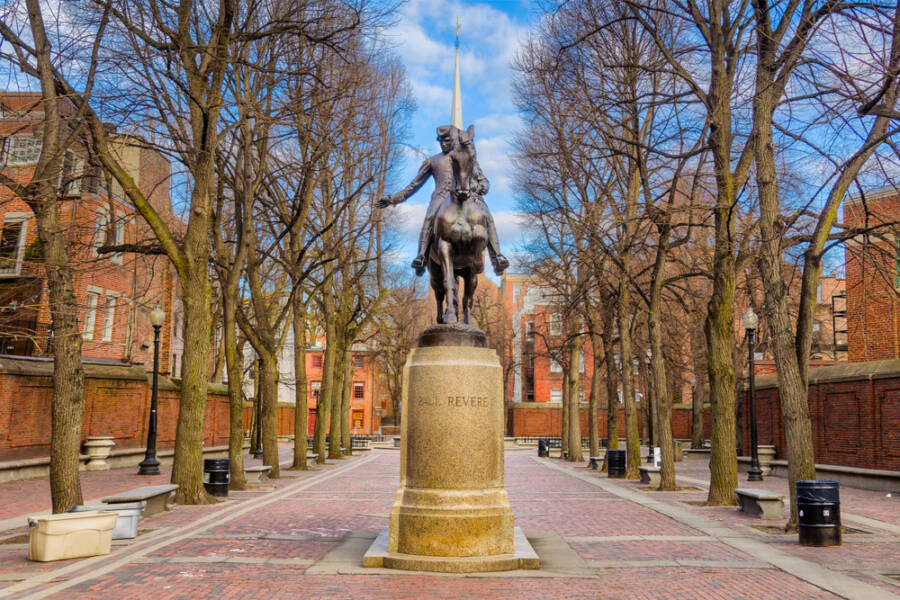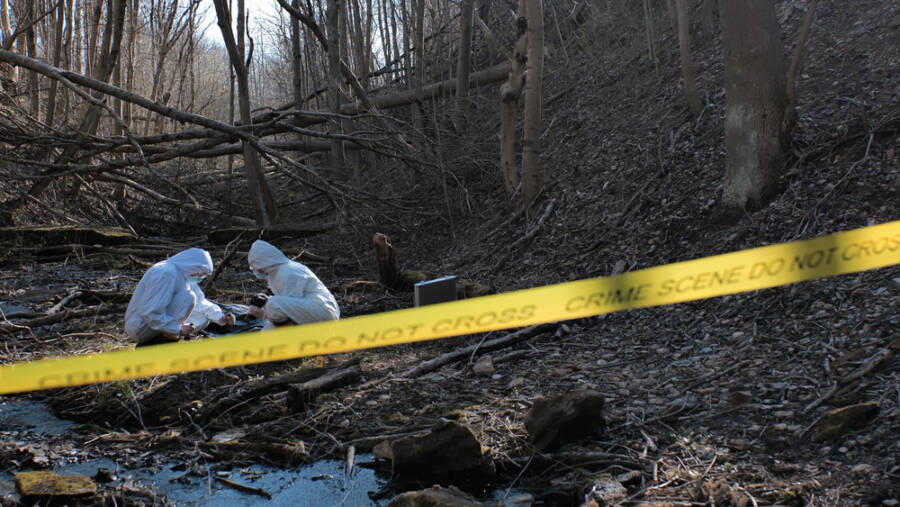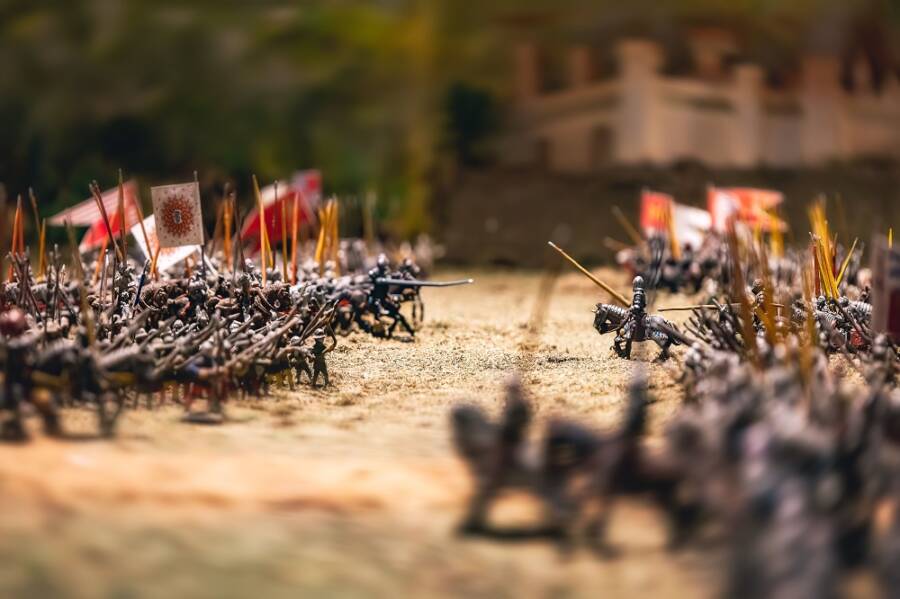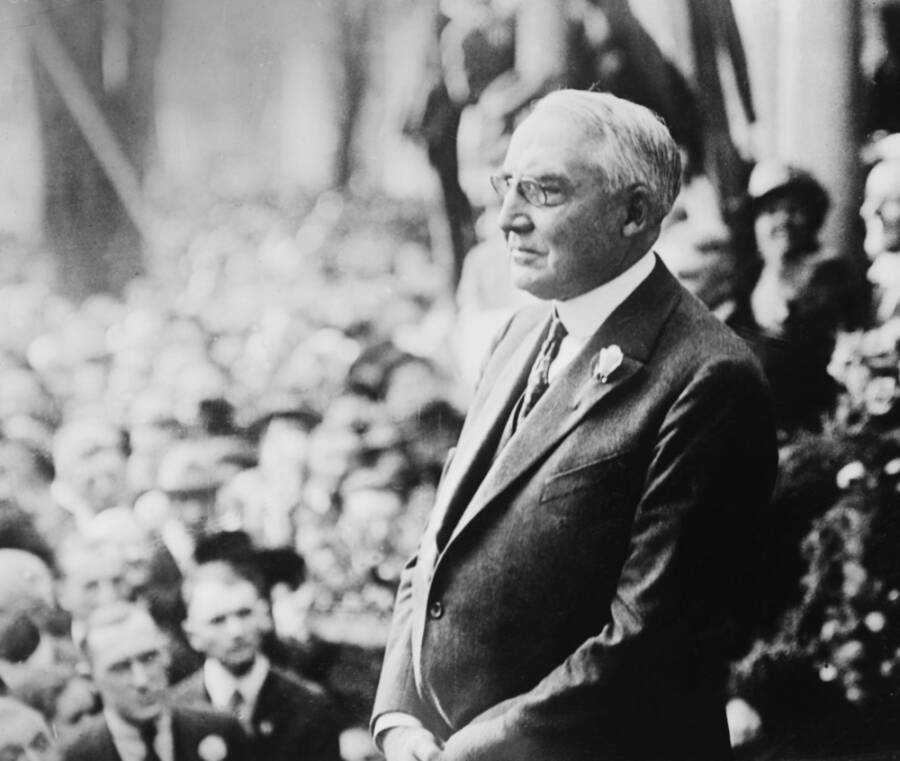
Challenging Perspectives and Revisionist Views
Professional historians, utilizing a wider range of evidence and a more critical lens, have developed interpretations that challenge these popular myths. These revisionist views do not necessarily seek to diminish the events but to place them in a more accurate and complex historical context.
Revere’s Ride as a Collective Effort: Historical analysis reveals that Paul Revere was a crucial part, but only one part, of a sophisticated alert system. Revisionist historians emphasize that he was not alone. William Dawes was dispatched on a separate, longer route, and it was Dr. Samuel Prescott who actually made it to Concord to deliver the final warning after Revere’s capture. Furthermore, the idea of a lone hero is a 19th-century invention. The success of the warning system depended on a network of dozens of riders and town leaders. The famous line, “The British are coming!” is also a fabrication. As colonists in 1775 still considered themselves British subjects, such a cry would have been nonsensical and confusing. According to primary accounts, Revere’s warning was more specific and discreet: “The Regulars are coming out!” This referred to the regular British troops stationed in Boston. Historians argue that Longfellow, writing on the eve of the Civil War, intentionally crafted a myth of a single, unifying hero to foster a sense of national unity and purpose, transforming a collaborative intelligence operation into a legendary act of individualism.
The First Thanksgiving as a Tense Political Alliance: Revisionist scholarship has profoundly altered the understanding of the 1621 feast. Historians point out that the event was not called a “thanksgiving” by the Pilgrims, who reserved that term for a solemn day of prayer. It was a secular harvest celebration. More importantly, the presence of the Wampanoag was not a simple act of friendship. Massasoit’s decision to attend was a calculated political move. The Wampanoag had been decimated by an epidemic between 1616 and 1619, which killed up to 90% of the coastal population. Their power weakened, they faced threats from rival tribes like the Narragansett. An alliance with the well-armed English colonists offered a strategic advantage. For their part, the Pilgrims were weak, starving, and in no position to survive without assistance. The feast, therefore, represents a moment of temporary, pragmatic alliance in a landscape of disease, shifting power dynamics, and mutual suspicion. This view challenges the myth of a peaceful beginning, instead highlighting the complex and often brutal realities of early colonial-indigenous relations. Many misconceptions about the pilgrims, such as their clothing and peaceful intent, obscure this more complicated truth.
The Salem Trials as a Socio-Economic and Legal Crisis: While religious belief was undoubtedly a factor in the Salem Witch Trials, revisionist historians have identified a convergence of other powerful forces. Economic historians like Paul Boyer and Stephen Nissenbaum, in their work Salem Possessed, argued that the accusations followed geographic lines separating the agrarian, traditional Salem Village from the more commercially prosperous Salem Town. Accusations often flowed from the struggling farmers against individuals connected to the rising merchant class, suggesting that social and economic anxieties played a major role. Legal historians point to the crisis within the Massachusetts legal system. The colony’s charter had been revoked, and the new governor, Phips, arrived to find a legal vacuum. The court he established allowed the use of “spectral evidence,” a controversial form of testimony that was later disallowed and seen as a catastrophic legal error. Finally, the common myth of burning at the stake is factually incorrect. Burning was the prescribed punishment for heresy in some parts of Europe, but under English law, which governed Massachusetts, the penalty for witchcraft was hanging. The focus on hanging and the legal proceedings shifts the interpretation from a simple story of hysteria to a complex case study of social strain, economic conflict, and systemic legal failure.
Researching controversial topics requires consulting primary sources, available through archives like the U.S. National Archives and the Library of Congress.





